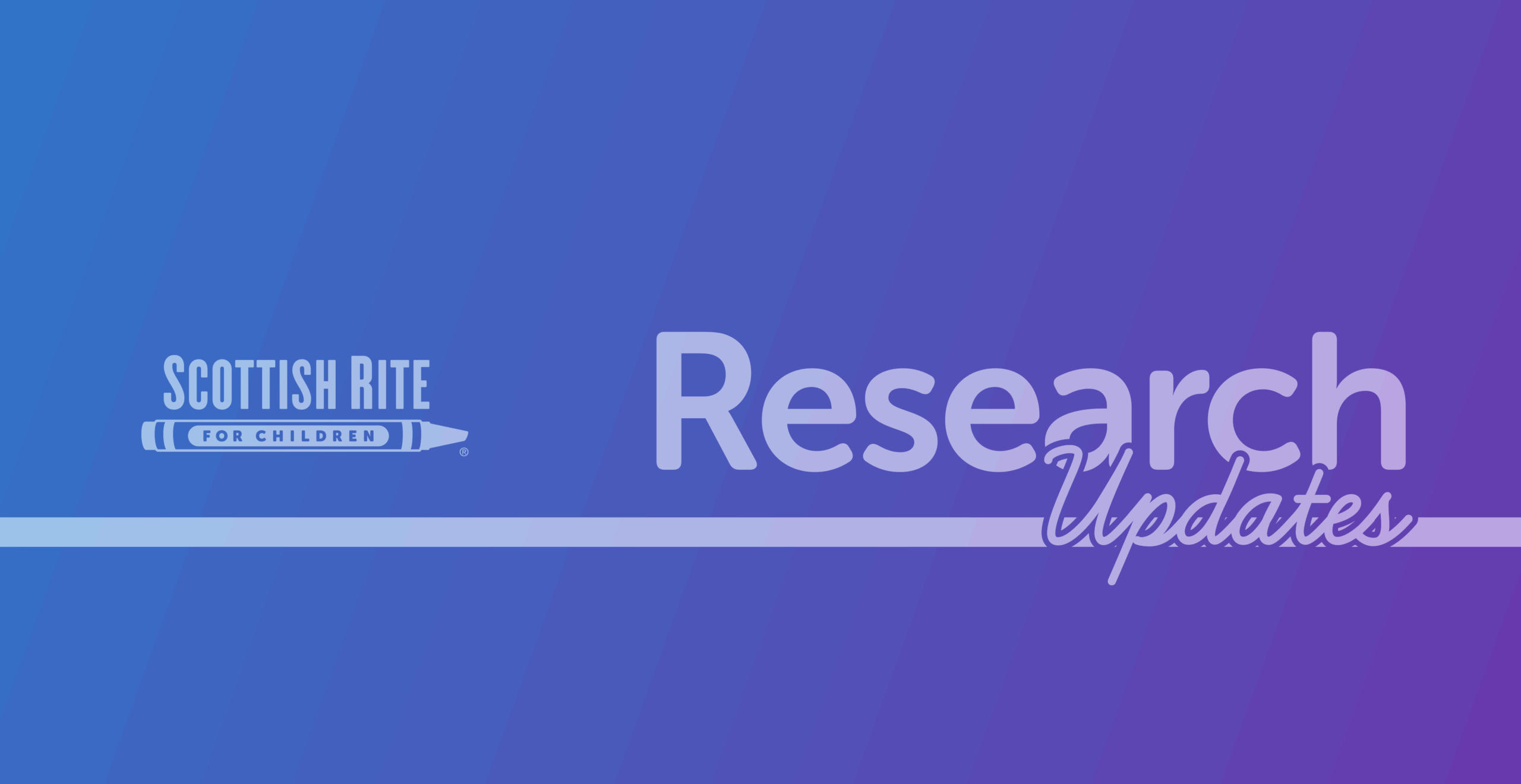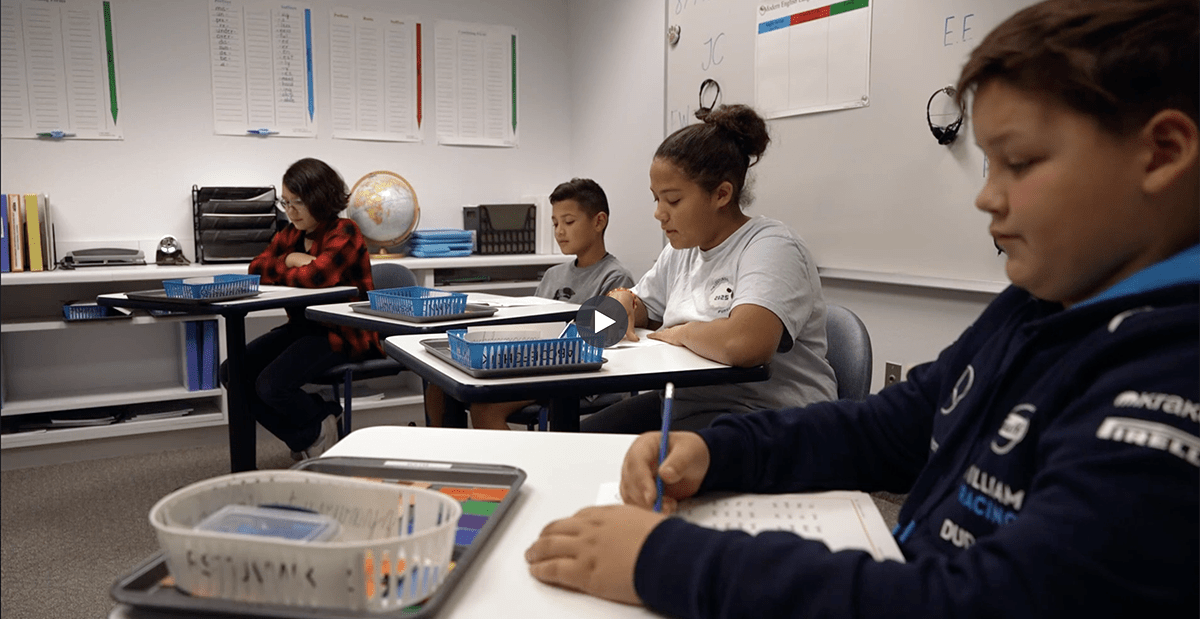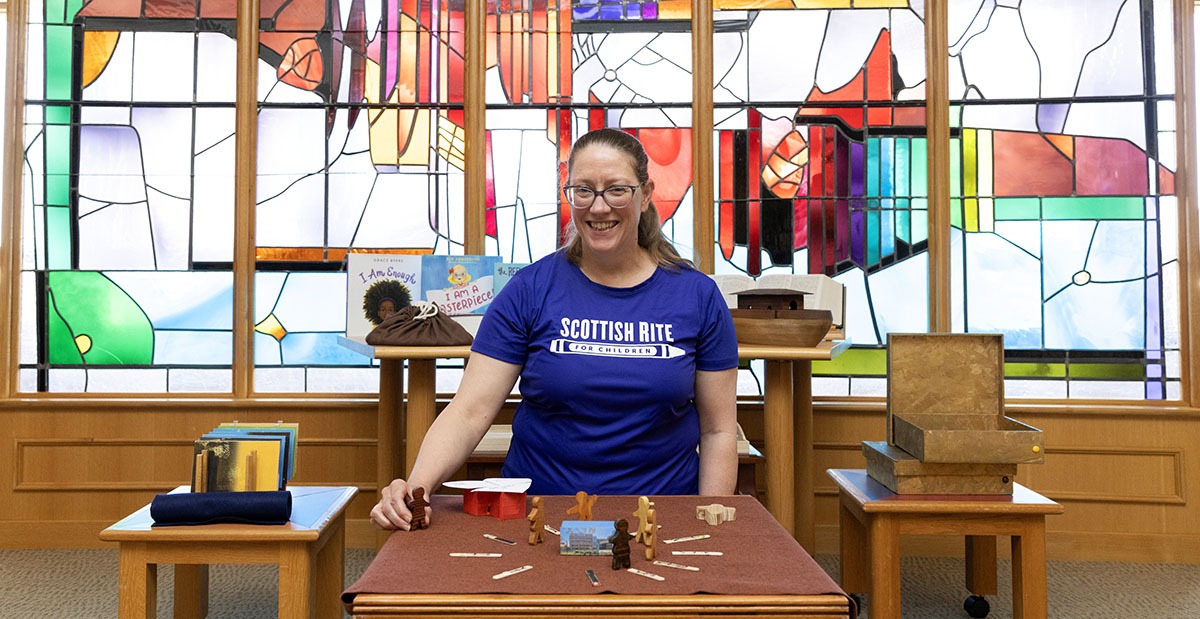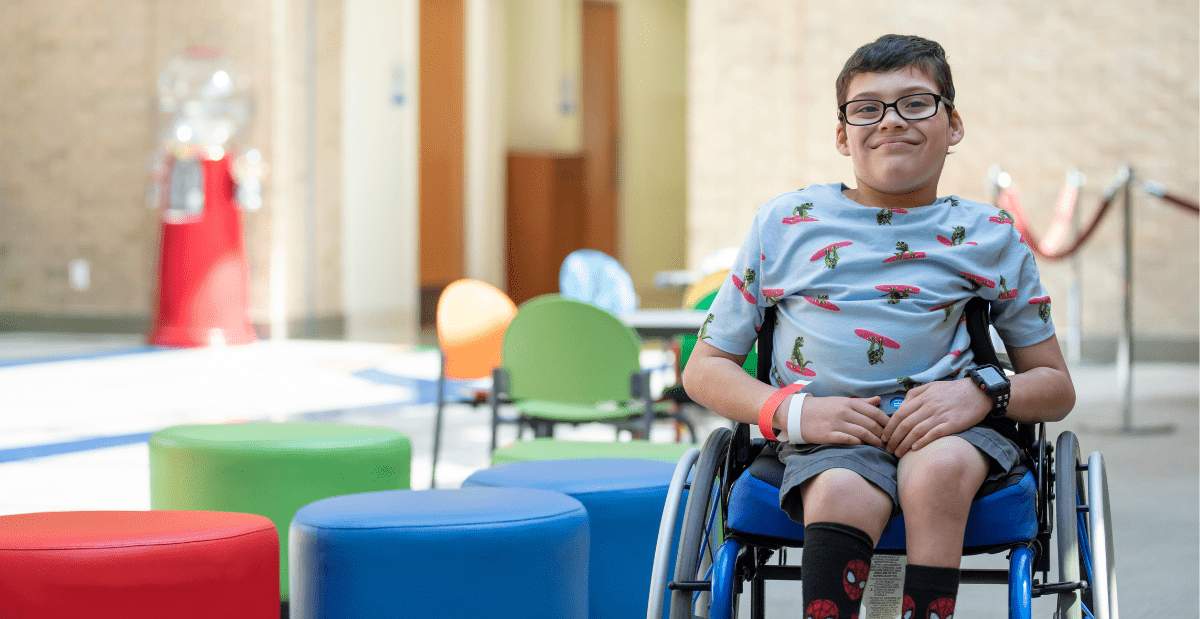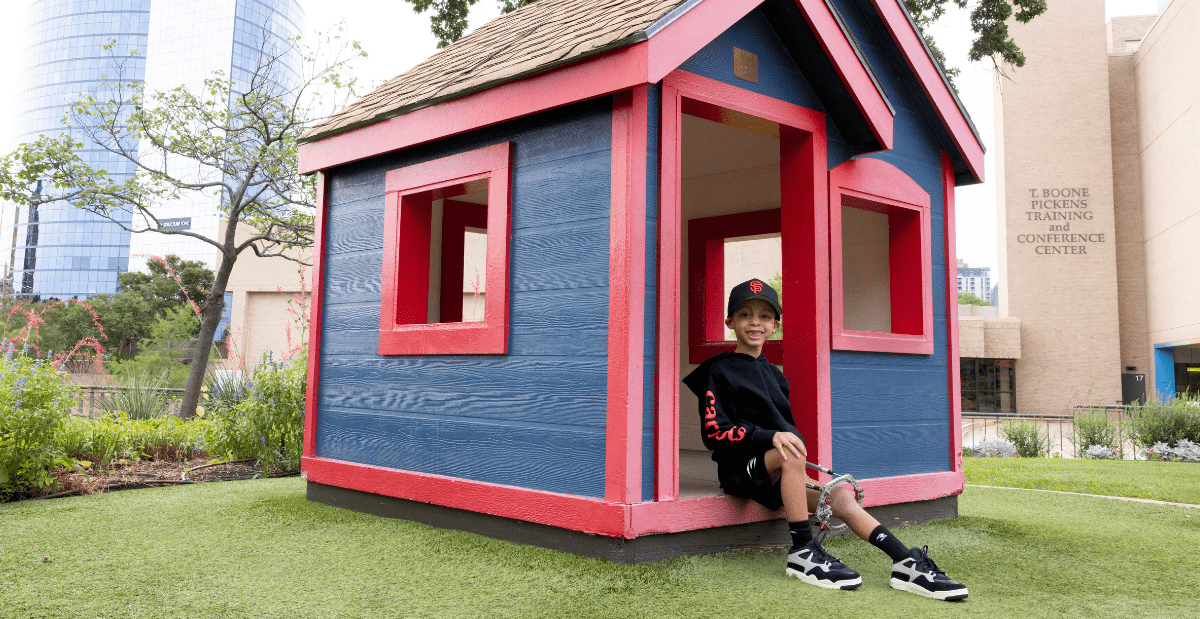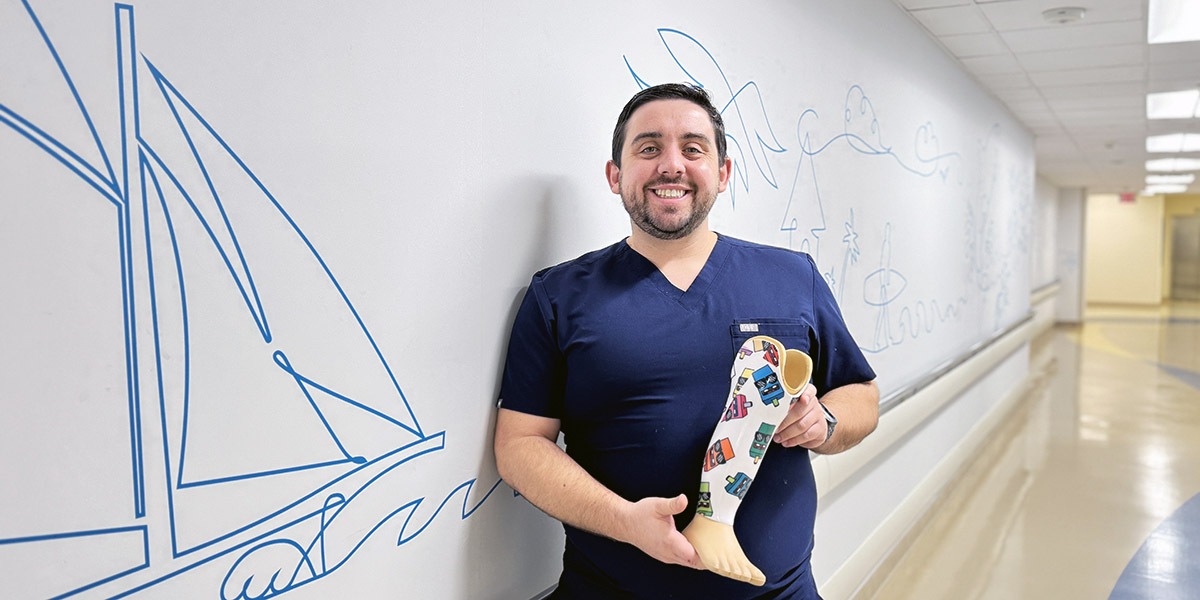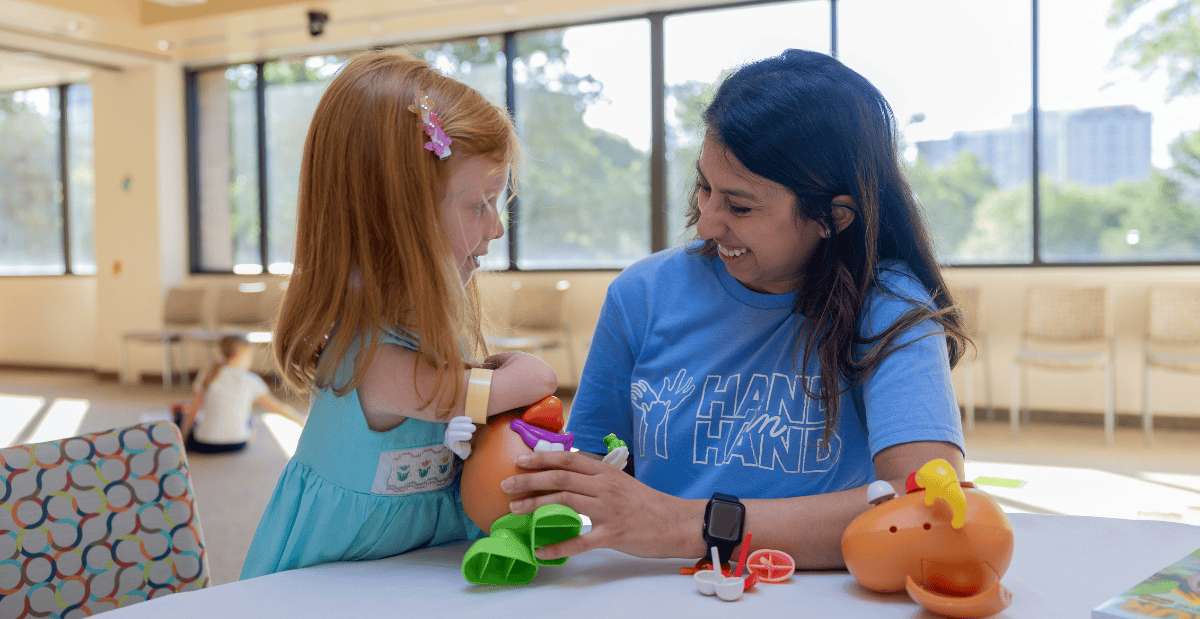Dyslexia is the most common learning disorder in the United States, making up approximately 80% of all diagnosed learning disorders, according to the American Psychiatric Association. When not addressed, dyslexia can lead from simple issues in reading, writing and spelling to behavioral problems and anxiety. Knowing the early signs of dyslexia allows you to look for potential difficulties as early as preschool and find treatments that will help your child succeed.
Hallmarks of dyslexia include:
· Difficulty identifying speech sounds
· Difficulty reading aloud
· Problems with expressing oneself clearly or comprehending what others are saying
· Trouble connecting sounds to written letters and words
A family history of trouble learning to read, including dyslexia, can be an indicator of dyslexia, as well.
Spotting Early Signs of Dyslexia
There are many recognizable signs in young children that they may be at risk for a reading disorder. Noticing these signs during preschool or even earlier allows you to work with a specialist and develop a plan that sets your child up for success when he or she starts kindergarten or elementary school.
Signs of dyslexia in preschoolers can include:
· Being a late talker
· Calling things by an incorrect name
· Difficulty recognizing letters in their name or other familiar words
· Difficulty remembering instructions with multiple steps
· Having the vocabulary or speech patterns of a younger child, for example, mispronouncing words, knowing fewer words than developmentally appropriate or continuing to speak in baby talk
· Inability to recognize rhyming patterns in words or trouble making up new rhymes on their own
· Trouble learning or difficulty remembering the letters in the alphabet, days of the week or nursery rhymes
School-age children with dyslexia will experience trouble writing and spelling. They may also have difficulty learning to read. Blending sounds in words and sounding out new words may be hard for them.
If someone identifies early signs of dyslexia in your child, find a specialist who can screen for the condition before kindergarten. These screenings generally take a few hours and involve a review of your child’s family history and factors including vocabulary, listening comprehension and ability to recognize letters.
Early Interventions for Dyslexia
Preschoolers who receive early interventions for dyslexia often have better success when learning to read. These support services can include therapy services and special educational tools designed to help your child overcome dyslexia. Early intervention can lead to higher self-esteem and confidence and better performance in school overall.
Some early interventions may include:
· Blending sounds in words
· Learning strategies that use sight, sound and touch
· Making the connection between words
· One-on-one tutoring outside of school
· Work focused on vocabulary, expressing oneself and comprehension
An education specialist can help you decide which interventions that will most help your child. Just like treating an illness or injury, results are better when specialists tailor them to a child’s individual needs.
When children receive these interventions, they often do so in a sequential manner, starting with basic concepts and working their way up to more complex ones. This level of one-on-one attention also lets specialists use all a child’s senses. Children with dyslexia often see the most success when learning strategies incorporate multiple senses, allowing them to become fully engaged with their work.
If you have concerns about your child’s difficulty learning, speaking with your pediatrician is a great place to start. He or she can guide you through the screening process and point you to the best interventions available to help foster your child’s abilities,
Request an evaluation for your child at Scottish Rite for Children’s Luke Waites Center for Dyslexia and Learning Disorders.





